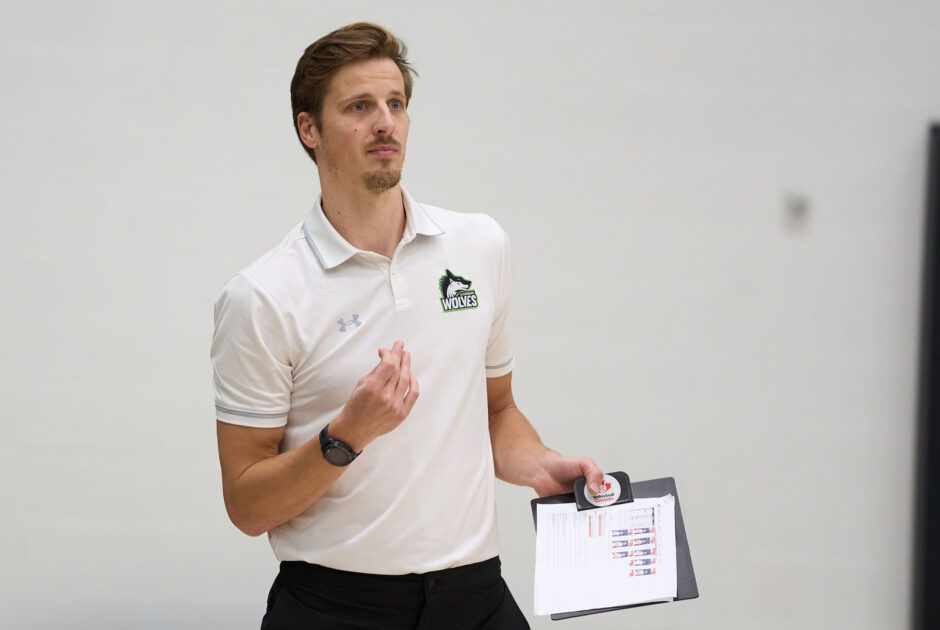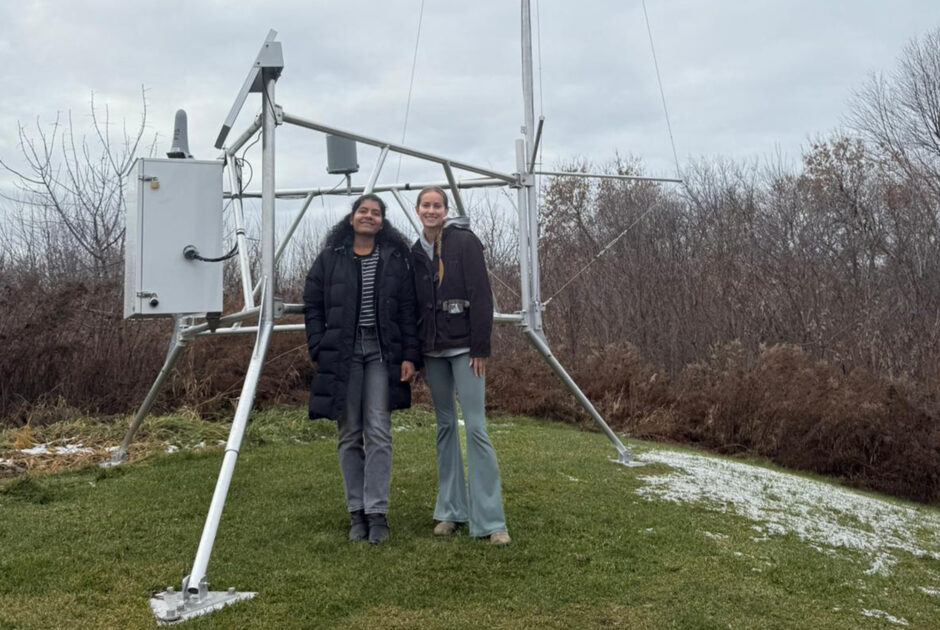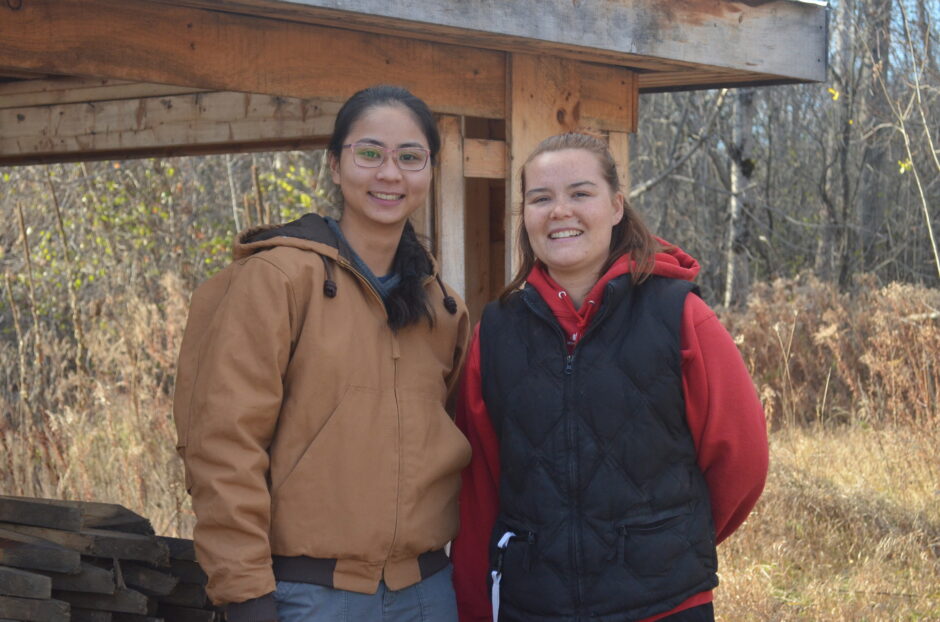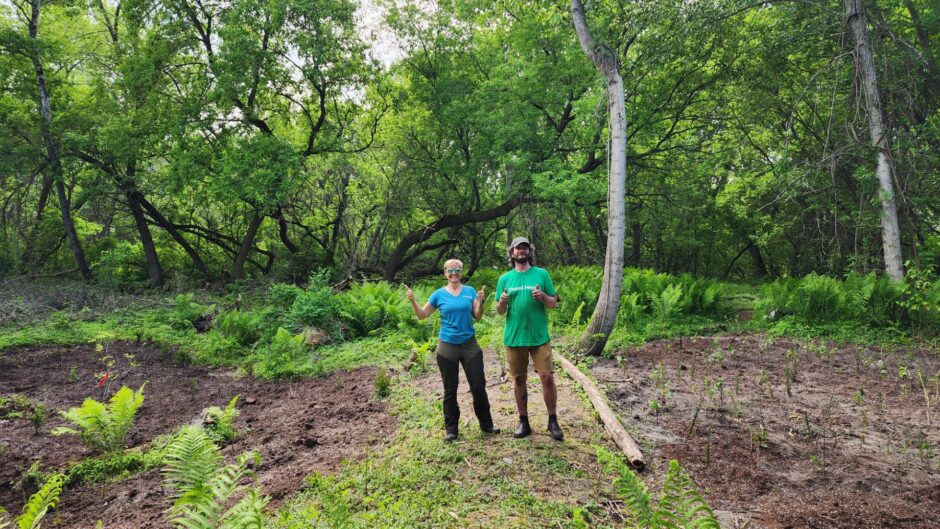Academics shouldn’t approach ChatGPT as the enemy, students say
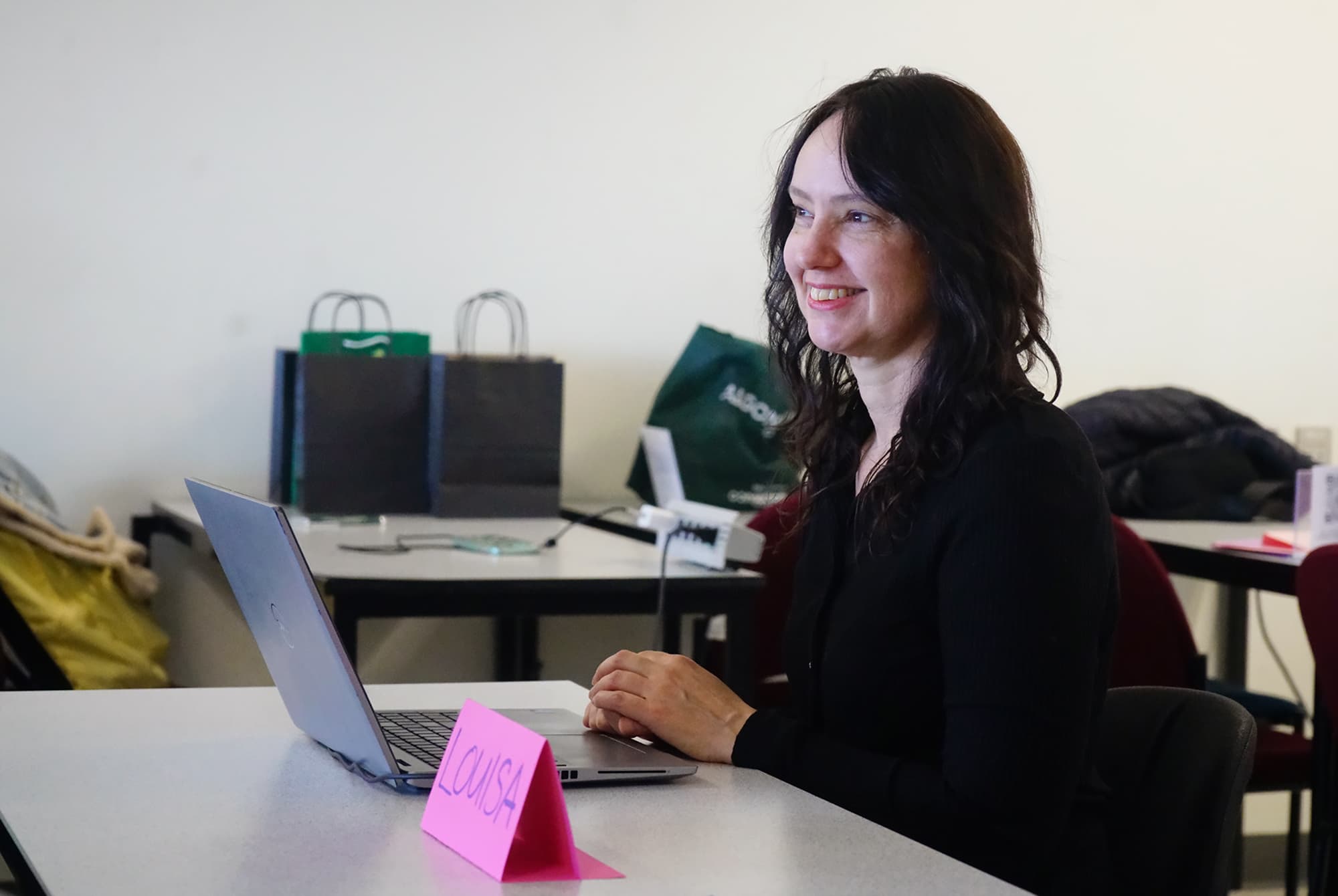
International students who participated in a roundtable discussion on Feb. 27 said academics should consider ChatGPT an ally rather than an enemy.
The International Peer Mentor Program hosted a roundtable discussion on generative AI on the third floor of T-building. The discussion explored the impact of generative AI on the academic landscape.
Chat Generative Pre-trained Transformer, commonly known as ChatGPT, an artificial intelligence-powered chatbot developed by Open AI, has rapidly garnered a substantial user base among Canadian students.
ChatGPT has been a controversial topic since its release, but opinions are shifting toward the positive today.
Trang Nguyen, a postgraduate student in brand management at Algonquin College, said that ChatGPT has provided accurate assessment and feedback for her English writing.
“When I write my essay on ChatGPT, I ask it to help me grade on the scale of the International English Language Testing System (IELTS), and they give the exact score that I got when I took the actual test,” Nguyen said. “Then I figured out how to write like a 9.0 in IELTS, so I strive to satisfy that scale.”

Haoran Zu, a student in computer programming at Algonquin College, believes that ChatGPT’s capability of problem-solving can save students valuable time.
“I think the biggest win with ChatGPT is its ability to quickly tackle about 80 per cent of the everyday issues you encounter in your studies and life,” said Zu. “For instance, when I’m stuck on a code bug for two hours, throwing it into ChatGPT might solve it in less than five minutes, leaving me with more time to focus on pushing forward with other tasks. I see it as a kind of AI lending a helping hand to humanity.”
After students enthusiastically shared the conveniences brought by ChatGPT, they delved into a thoughtful discussion on the effective and ethical use of generative AI tools both inside and outside the classroom.
“While ChatGPT is powerful, we must recognize that it currently serves more as a reference tool rather than a perfect problem solver,” Zu said. “Normally, we use it to organize thoughts for assignments or seek an example. As we’ve found that when faced with more complex issues, ChatGPT’s answers tend to be inaccurate.”
Zu also emphasized the importance of balancing innovation and academic independence, ensuring that ChatGPT serves as an academic assistant rather than a tool that replaces human thought.
“Treating ChatGPT as a ghostwriter is a really bad way because many subjects require writing to hone your expression and logic skills. You can’t hand over those core aspects to ChatGPT,” Zu said. “Considering ChatGPT as a tutor or assistant is better, then we can utilize it to propel many tasks forward.”
Tang Yuan, a student in computer programming, believes that teachers should embrace ChatGPT with students, or at least be open to accepting it.
“I think both teachers and students should use ChatGPT because we can’t resist the AI era, so better adapt to it,” Tang said. “Future AI will only evolve faster and smarter, so only those who use tools well can survive. Teachers can pose more abstract questions and allow students to use AI tools for answers. This not only prevents AI from directly providing solutions but also hones students’ ability on using AI.”
Manpreet Singh, a student in building automation system operation, offered another insight.
“The world is stepping ahead, so we also should know what the world is doing,” Singh said. “If the world is using ChatGPT and other AI tools, we also need to step ahead in terms of knowledge and skills, so we can keep up and get a job.”





